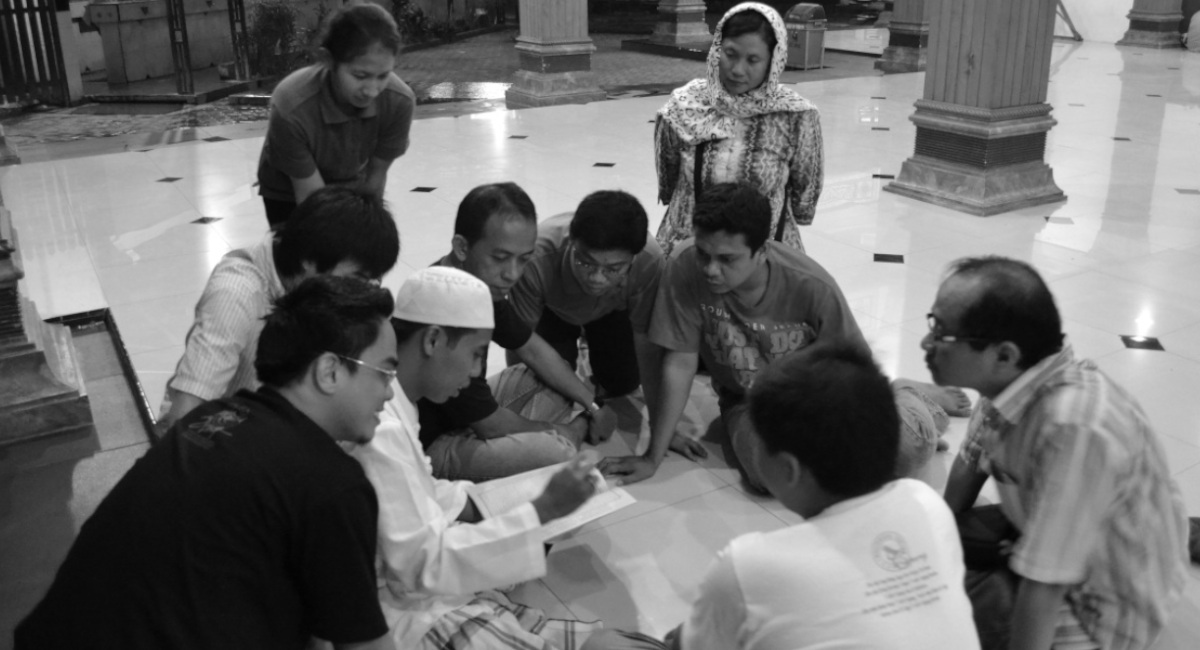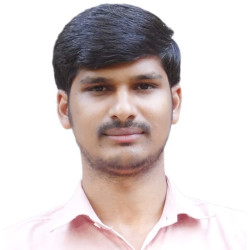
In the Asian context of widespread poverty, diversity of religions, and multiplicity of cultures, dialogue is a new way of being Church, said Fr Heru Prakosa SJ, Counsellor for Dialogue with Islam at the Secretariat for Ecumenism and Interreligious Dialogue of the Society of Jesus.
Fr Heru was referencing Pope Paul VI’s encyclical on the Catholic Church, Ecclesiam Suam, during a webinar on 19 January organised by the Jesuit Secretariat for Service of Faith, Delhi, and the Islamic Studies Association, Delhi on Christian-Muslim Dialogue: Global Challenges and Opportunities.
Having vast experience in the field of Christian-Muslim studies, Fr Heru provided a wide perspective on the different experiences, challenges, concerns, and opportunities in interreligious dialogue. He focused on the openness of the Church to other religions and pointed to the key text, Nostra Aetate, which, he said, opened the door for other religions, and created room for dialogue. He referred to the open letter, A Common Word between Us and You, from Muslim scholars addressed to then Pope Benedict XVI and other Christian leaders, as an important document from the Muslim side. He also reminded his listeners of the looming shadows cast on humanity by war and violence in the name of religion.
Fr Heru, who is one of six new Consultors to the Commission for Religious Relations with Muslims at the Pontifical Council for Interreligious Dialogue, and professor at the Faculty of Theology at Sanata Dharma University in Yogyakarta, Indonesia, highlighted three main challenges and opportunities in the context of dialogue between Christians and Muslims.
Foremost is context. He drew the attention of his listeners to Latin American theology to show how one could develop dialogue in Asia. As an example, Fr Heru cited Fr Gustavo Gutierrez OP and how he showed that theology should start with contextual historical processes and be oriented towards committed spiritual and pastoral actions of Christians in a particular context. Fr Gutierrez understands and does theology as critical reflection on praxis in light of the Word of God. Since praxis says a great deal about people, their deepest convictions, and who they strive to become, we can discover the deeper aspirations and desires of people in a theological process, and we are forced to confront their struggles and sufferings.
Fr Heru stressed that fostering dialogue as a new way of being Church necessitates reciprocal communication, mutual friendship, and respect, as well as joint efforts for the common good, all in the service of a common search for the fuller realisation of the truth, which should inspire us further to deepen our commitment to Christian-Muslim relations.
The second point he touched upon was the spiritual legacy of Louis Massignon and his mentor Blessed Charles de Foucauld for Christian-Muslim relations. Both these pioneers rediscovered their faith in light of the religious life of Muslims. To use Foucauld’s phrase, they “shout[ed] the gospel from the rooftops” by their “kenosis”. In other words, lives given in service of Muslims.
Finally, Fr Heru called upon his listeners to build partnerships for shared goals towards the common good. He focused on religious collaboration in academics and dialogue to help address issues, such as poverty, injustice, and terrorism.
A lively exchange of thoughts and reflections confirmed that the lecture was well received by the audience. The session’s moderator, Fr Joseph Victor Edwin SJ, Secretary of the Islamic Studies Association, pointed out that for sustained dialogue between Christians and Muslims to happen, practitioners of dialogue must nurture a critical or historical understanding of religions, as well as an understanding of the religion as its believers themselves understand it.
 George Victor SJ is a student of theology from the province of Gujarat, India.
George Victor SJ is a student of theology from the province of Gujarat, India.

